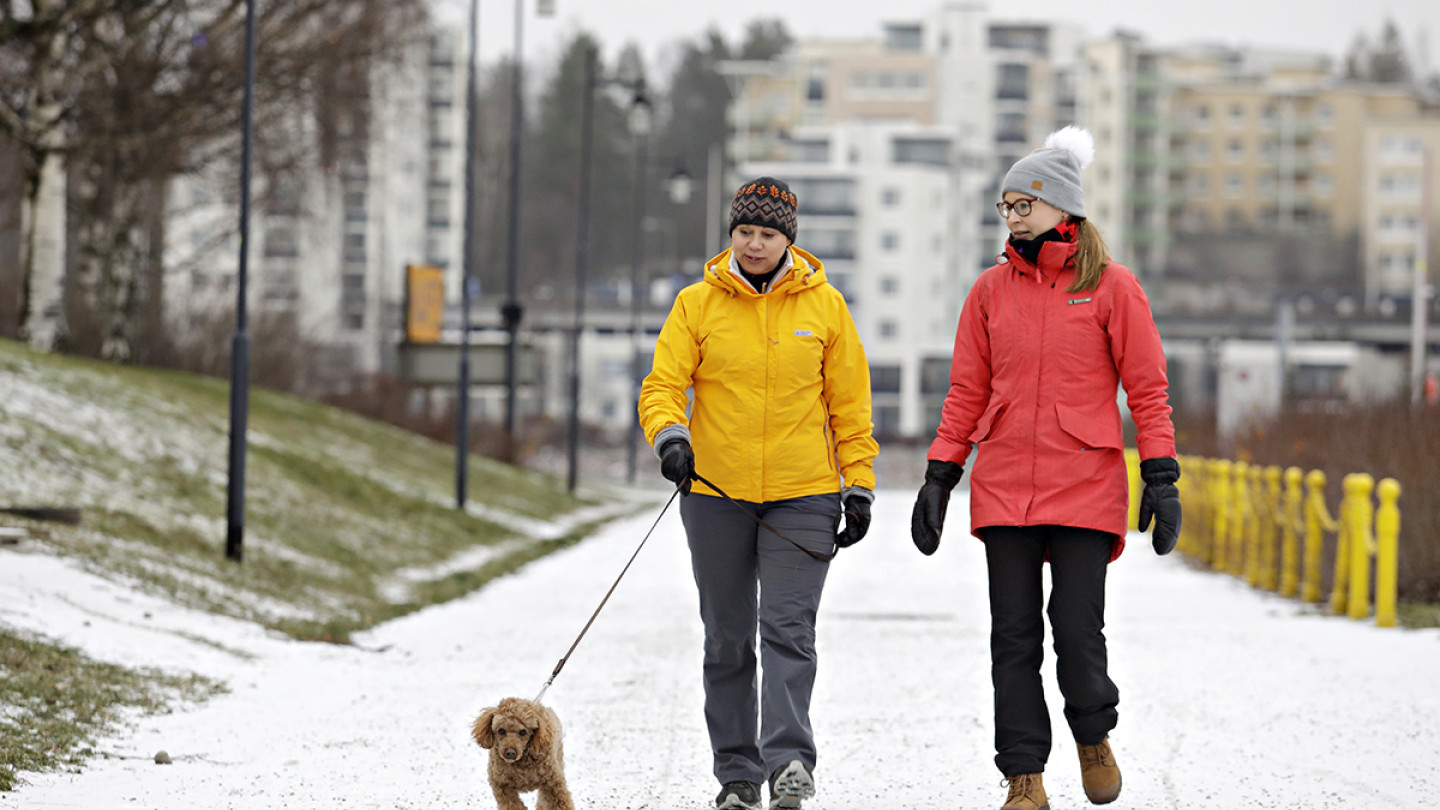Physically demanding work and unhealthy lifestyle may accelerate biological aging already in young adulthood

In the study, individuals’ biological aging was assessed using novel epigenetic clocks. These measures have been shown to predict lifespan and healthspan. These biomarkers of aging allow factors associated with a person’s life expectancy to be studied during their lifetime. Epigenetic age estimates are calculated by using DNA methylation levels determined from blood samples.
“When the estimated epigenetic age is compared to an individual’s chronological age, we can assess whether he or she is younger or older in terms of biological aging,” explains doctoral researcher Anna Kankaanpää, from the Gerontology Research Center and Faculty of Sport and Health Sciences, University of Jyväskylä, Finland.
The study was conducted in collaboration between the University of Jyväskylä and the University of Helsinki. The participants were identical and non-identical twins between the ages of 21 and 25 as well as 55 and 72.
The results of the study suggest that epigenetic aging is highly heritable, but lifestyle factors also explain interindividual variation. Leisure-time time physical activity was associated with slower epigenetic aging among young adults and older participants.
“Occupational physical activity was associated with accelerated epigenetic aging,” says Kankaanpää. “However, the associations of leisure-time and occupational physical activity with epigenetic aging were minor or non-existent after controlling for smoking status in the analyses.”
The study helps us to better understand lifestyle factors and socioeconomic differences related to biological aging and lifespan. The results suggest that individual differences in biological aging and in life expectancy are evident already in young adulthood. Leisure-time physical activity is associated with slower epigenetic aging and occupational physical activity with accelerated epigenetic aging.
“The observed opposite associations were mainly explained by smoking, which may reflect an accumulation of unhealthy lifestyle habits among individuals performing physically demanding work,” Kankaanpää explains. “Moreover, healthy habits tend to accumulate for the same individuals, as well.”
In the study, the long-term effect of LTPA on epigenetic aging was also studied, by comparing co-twins that differed for LTPA for over three decades at least. LTPA-discordant twin pairs were between 50 and 74 years old. Active twin pairs were epigenetically two to three years younger on average compared with their inactive co-twins.
Original publication:
Anna Kankaanpää, Asko Tolvanen, Sailalitha Bollepalli, Tuija Leskinen, Urho M. Kujala, Jaakko Kaprio, Miina Ollikainen & Elina Sillanpää. Leisure-time and occupational physical activity associates differently with epigenetic aging. Medicine & Science in Sports & Exercise (2020). doi: 10.1249/MSS.0000000000002498. [Epub ahead of print]
More information:
Anna Kankaanpää
PhD student
+358 40 589 5977
The work was supported by Juho Vainio Foundation, the Academy of Finland, the Finnish Ministry of Education and Culture, EC GenomEUtwin project, Sigrid Juselius Foundation and Yrjö Jahnsson Foundation.
The research was carried out in collaboration with the Gerontology Research Center (GEREC), the Institute for Molecular Medicine (FIMM) and the Methodology Centre for Human Sciences. GEREC is a collaborative effort in aging research run jointly by the University of Jyväskylä and Tampere University. It was set up to produce new scientific knowledge on the life, health and functioning of the aging population, participate in university education and advance expertise in the field of aging. FIMM is an independent translational research institute focusing on human genomics and precision medicine, under the umbrella of the Helsinki Institute of Life Science at the University of Helsinki. FIMM has a driving mission to perform innovative research on patients and populations targeted towards understanding drivers of health and disease. The Methodology Centre for Human Sciences offers training and events on research methodology across faculty boundaries to doctoral students and researchers at the University of Jyväskylä. By focusing on research and training of human scientific methodology, the Centre complements the university’s area of strength in human sciences.
